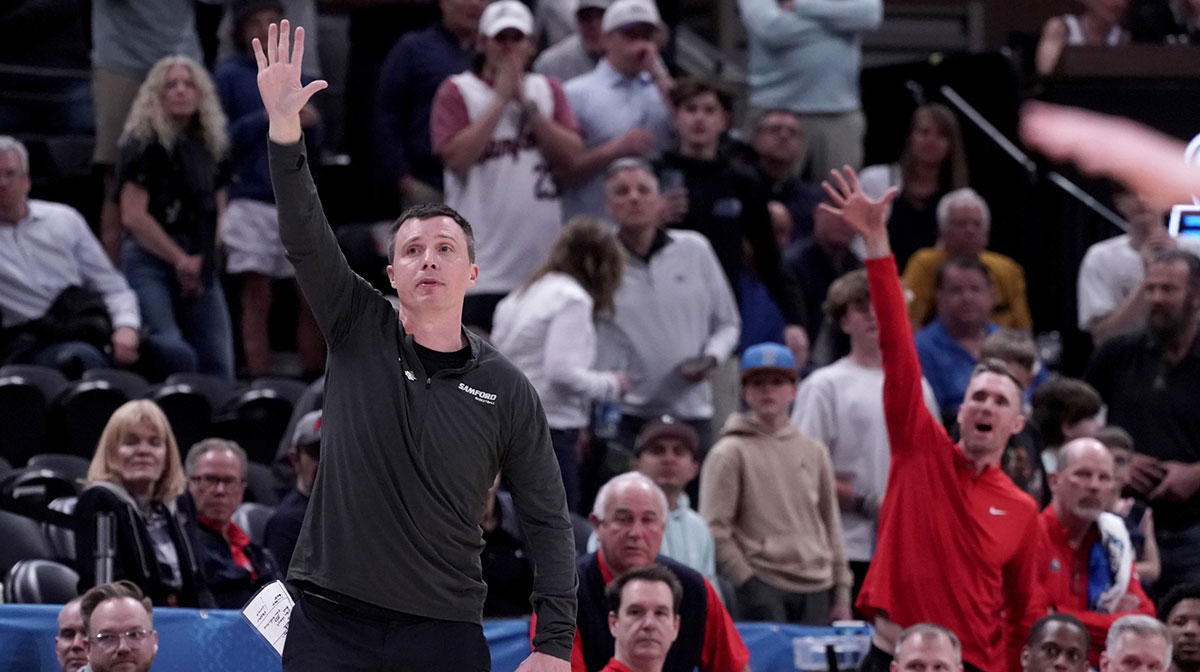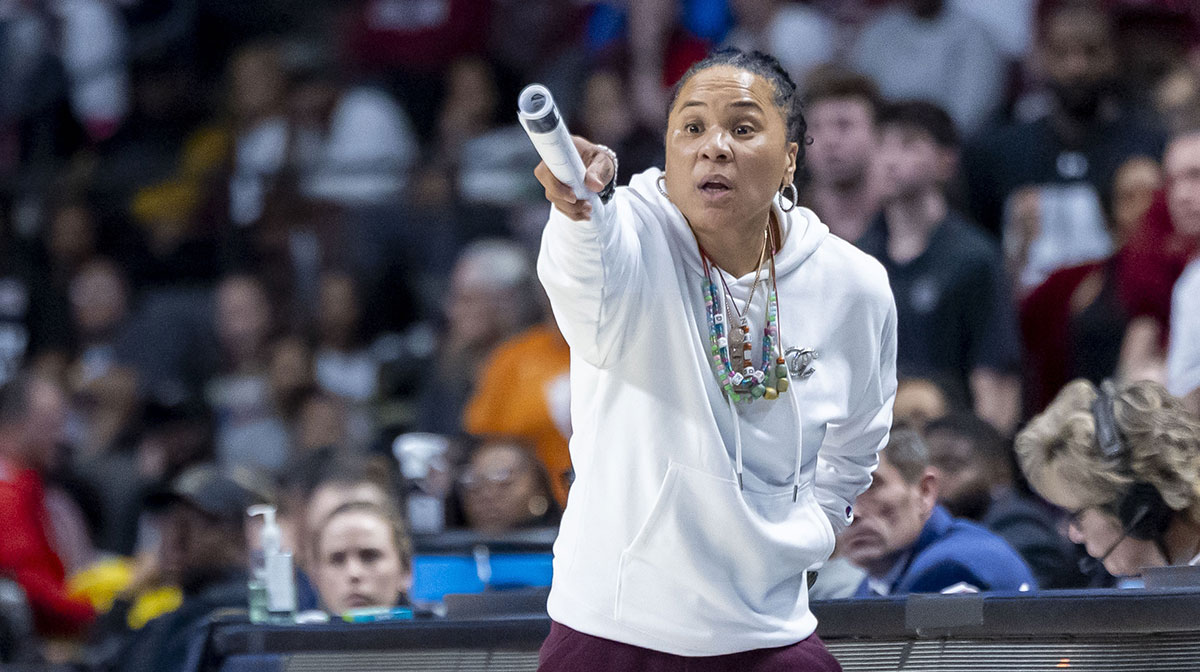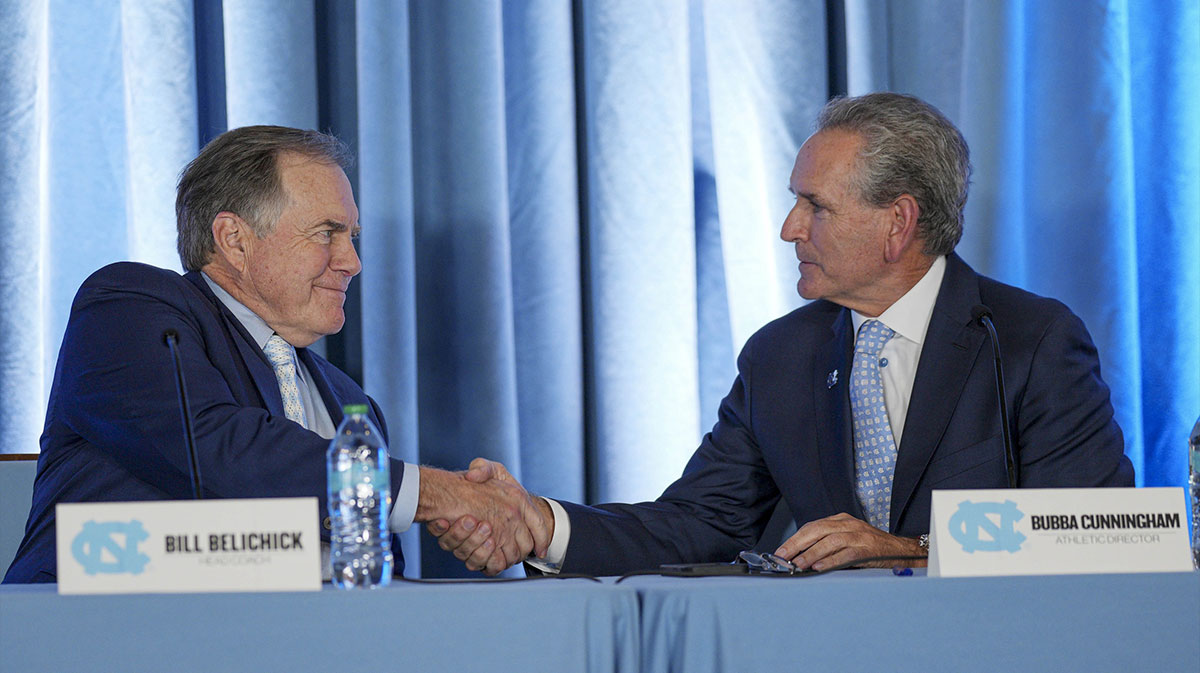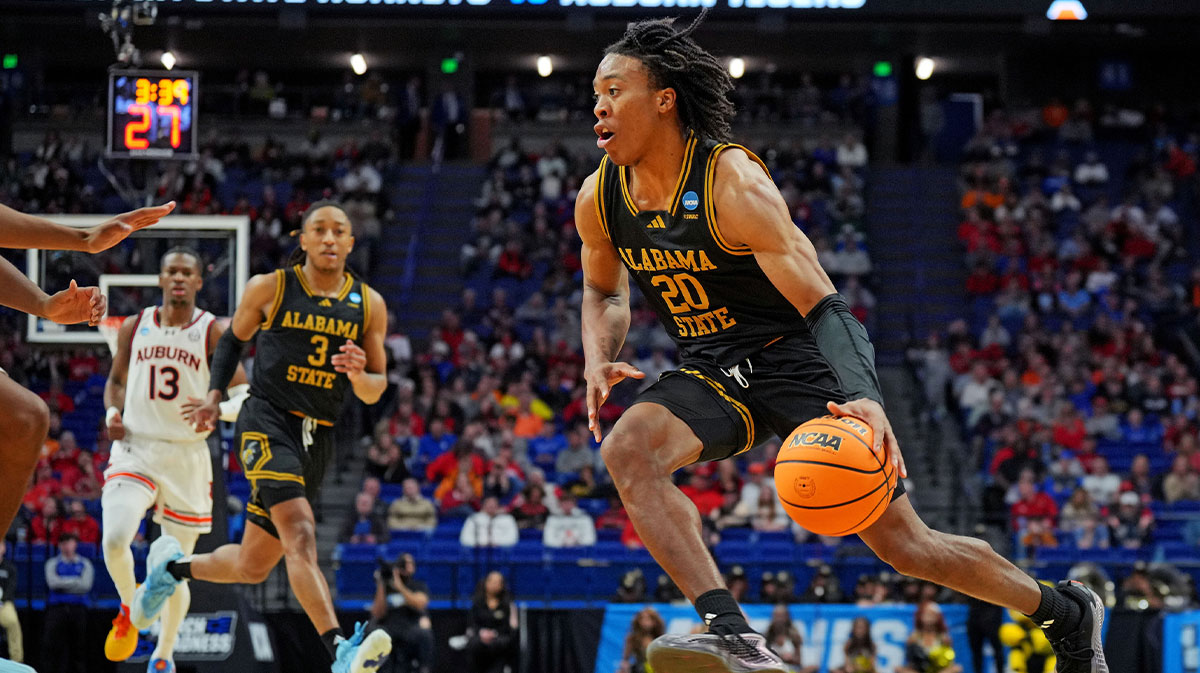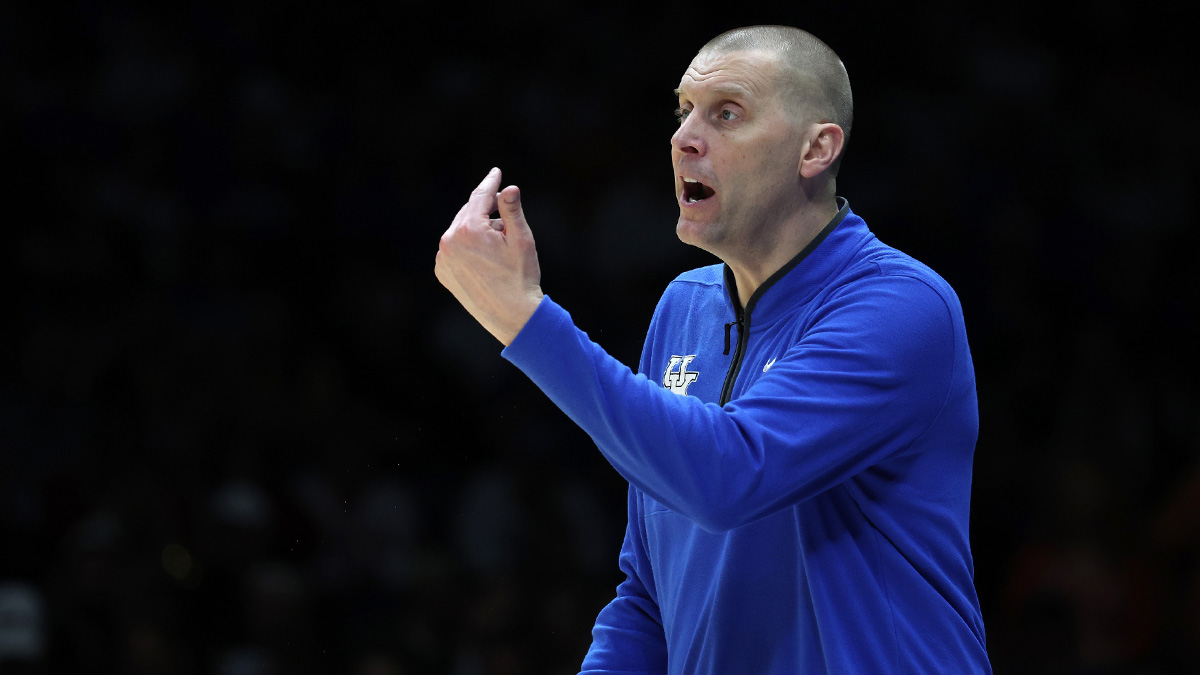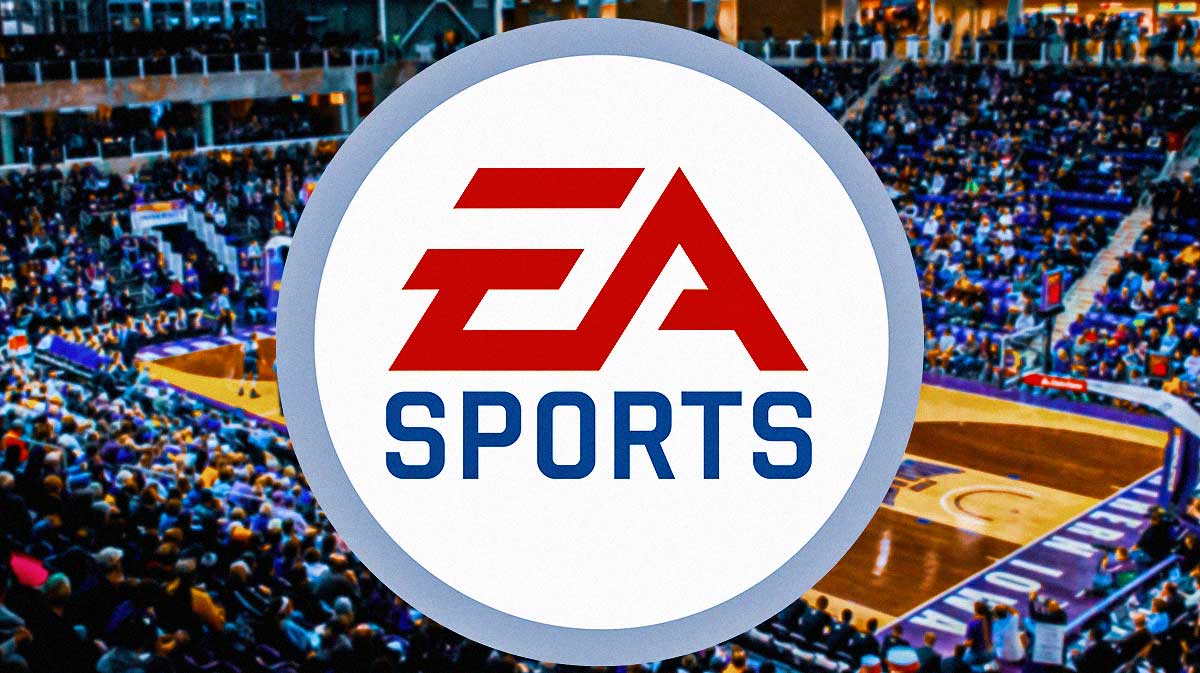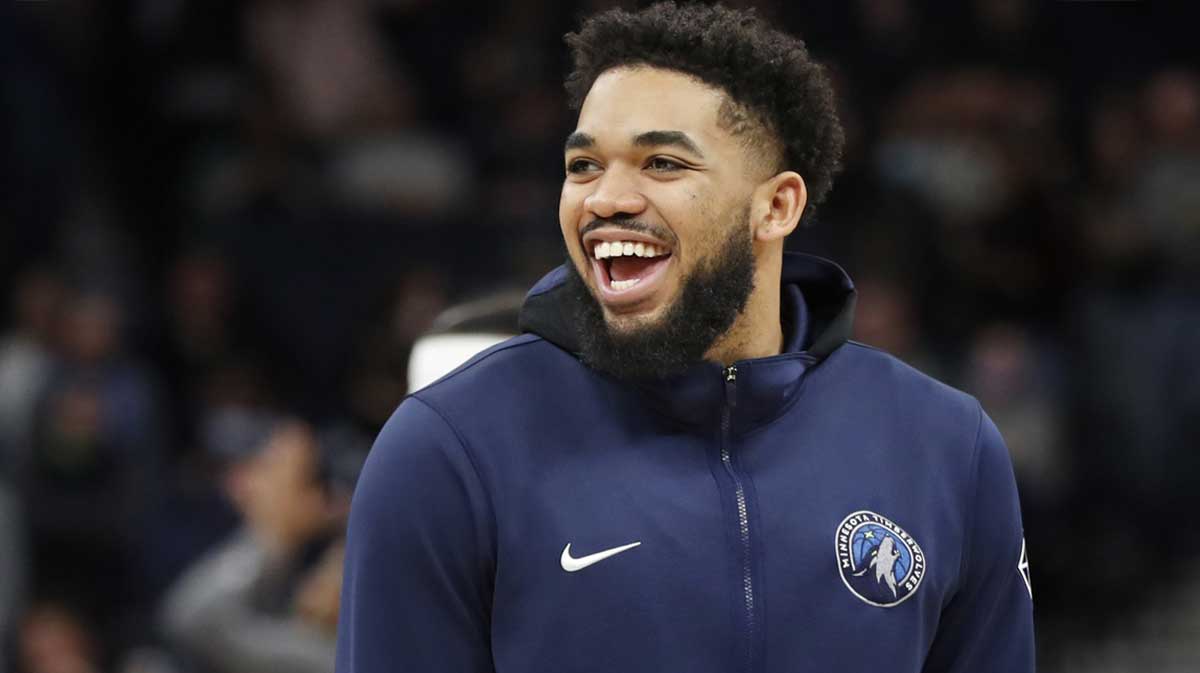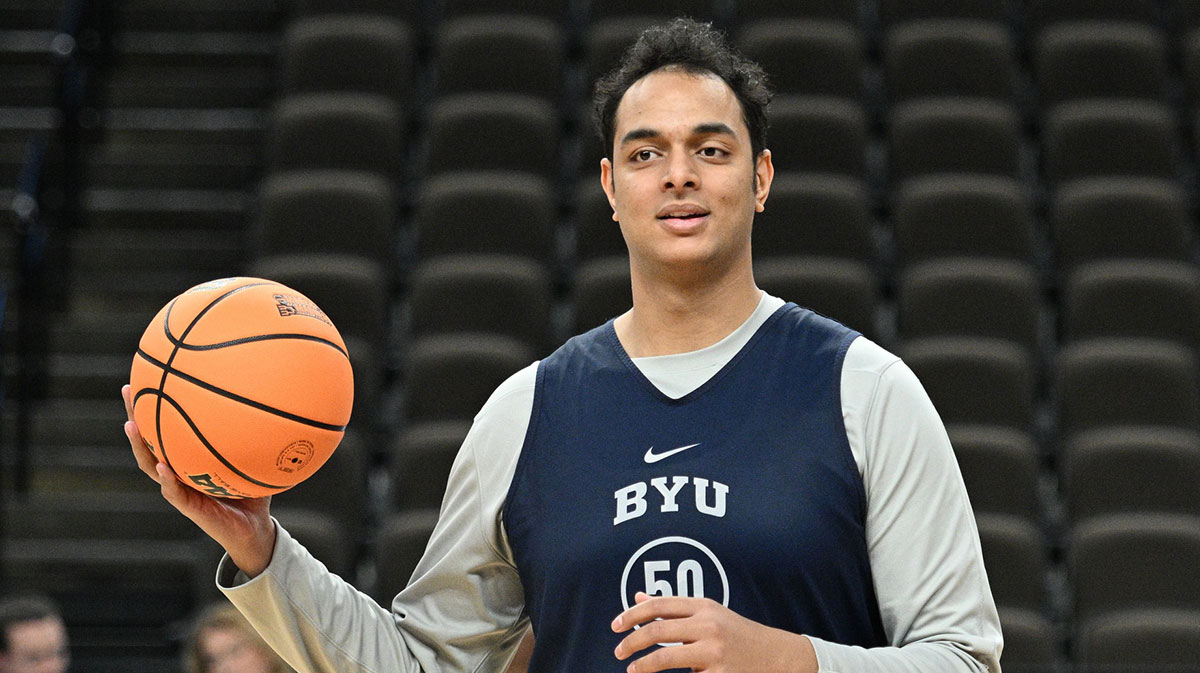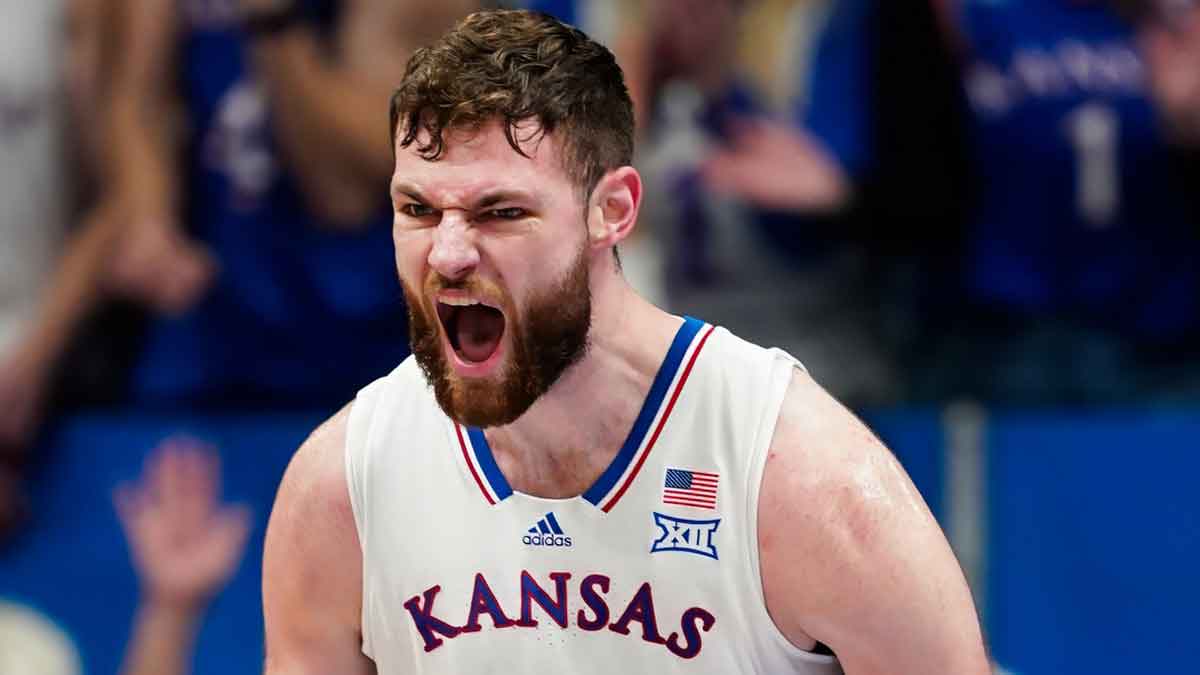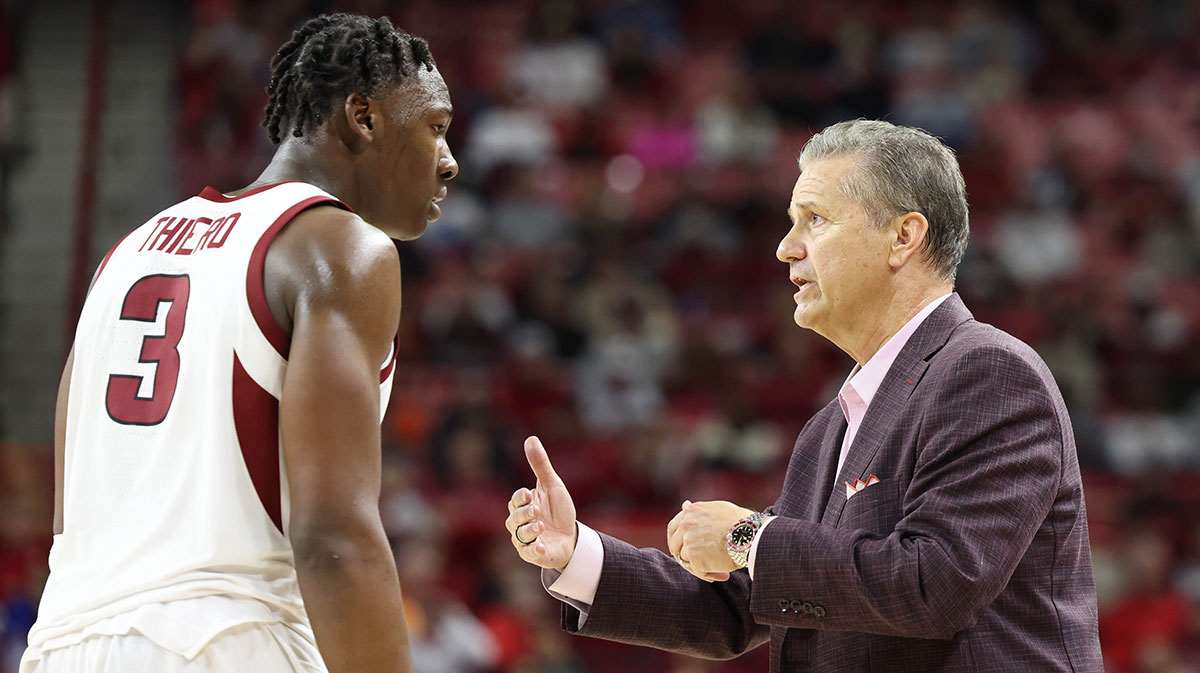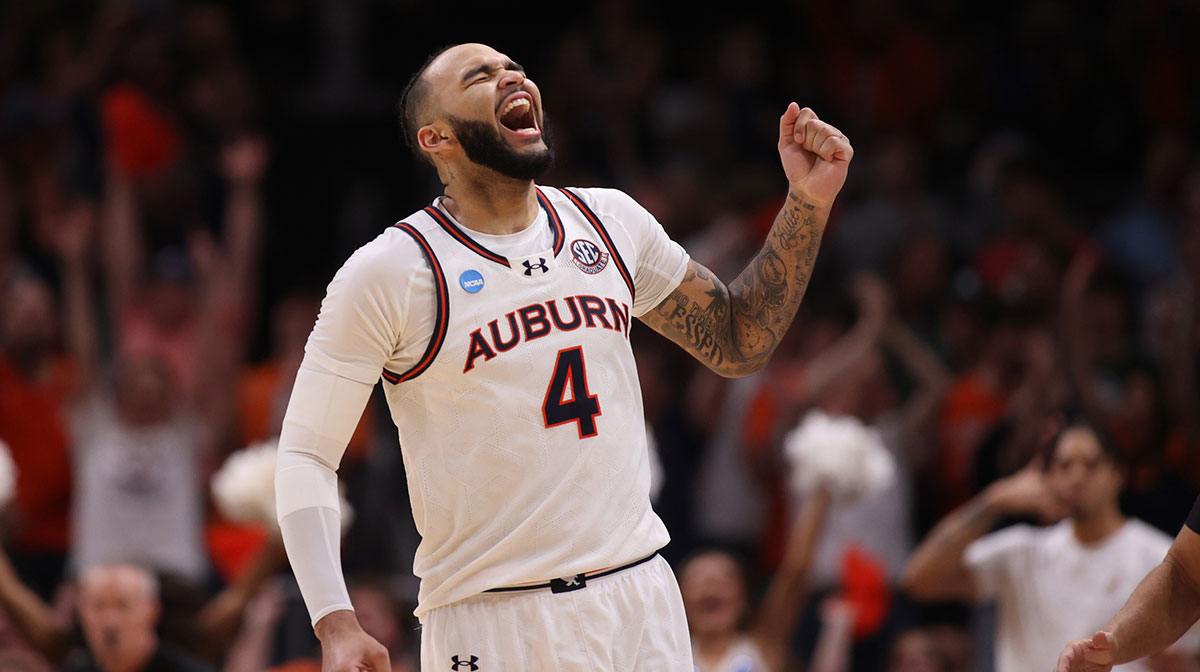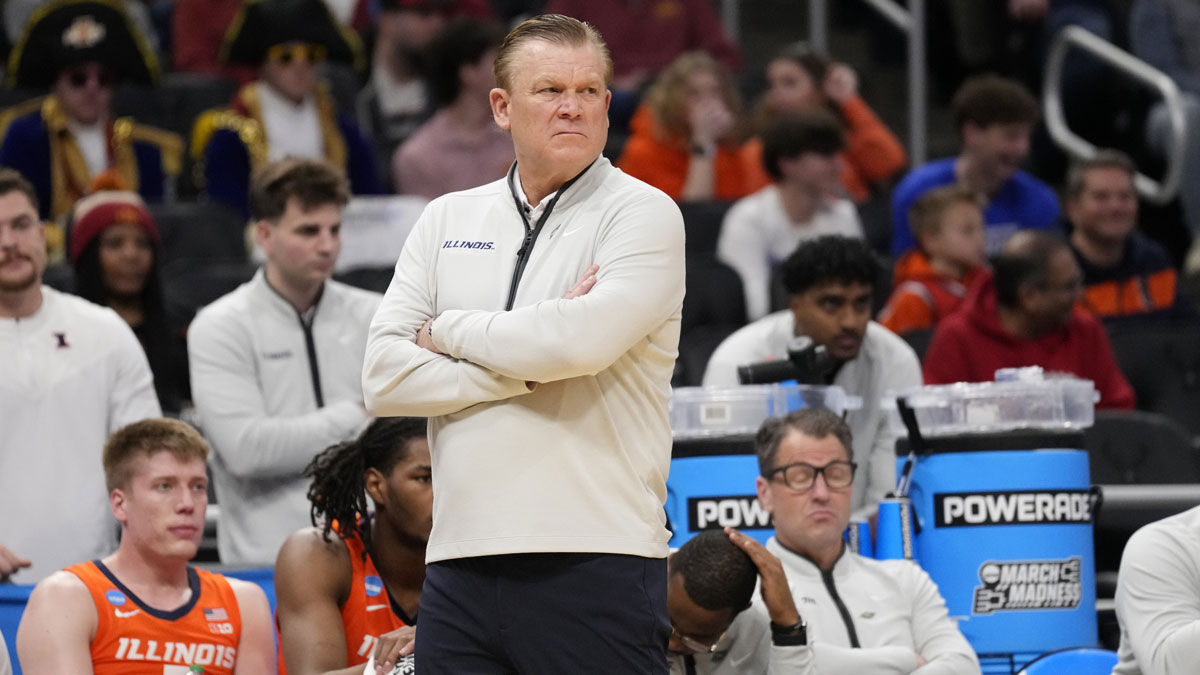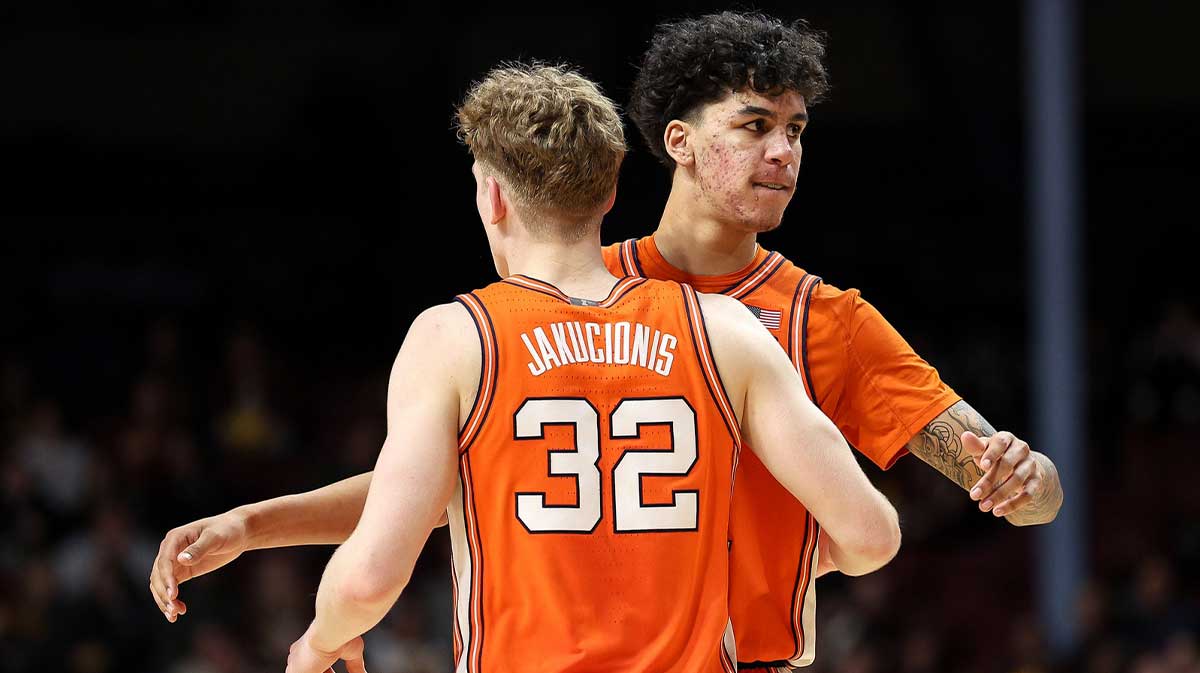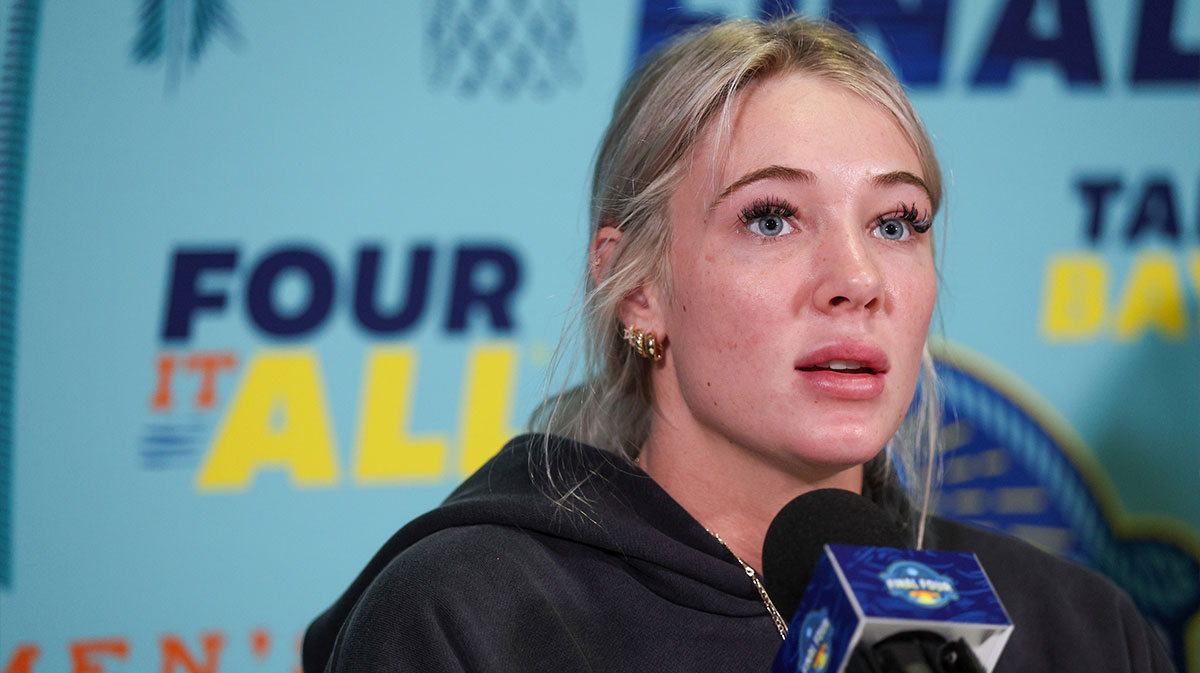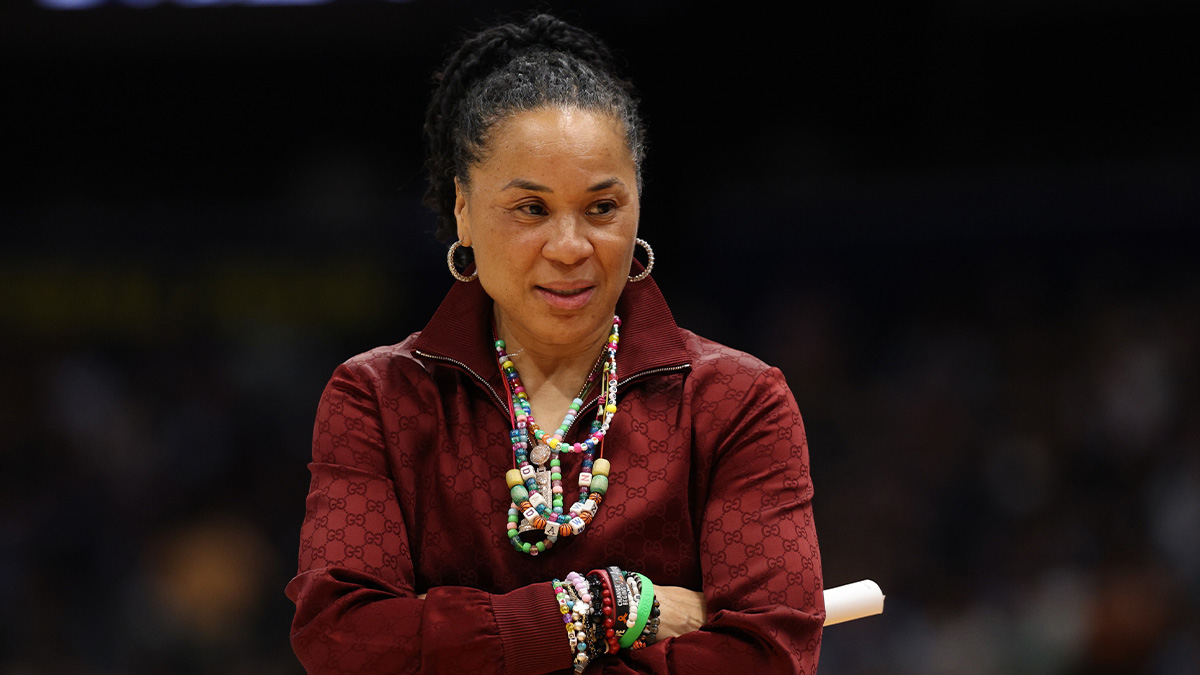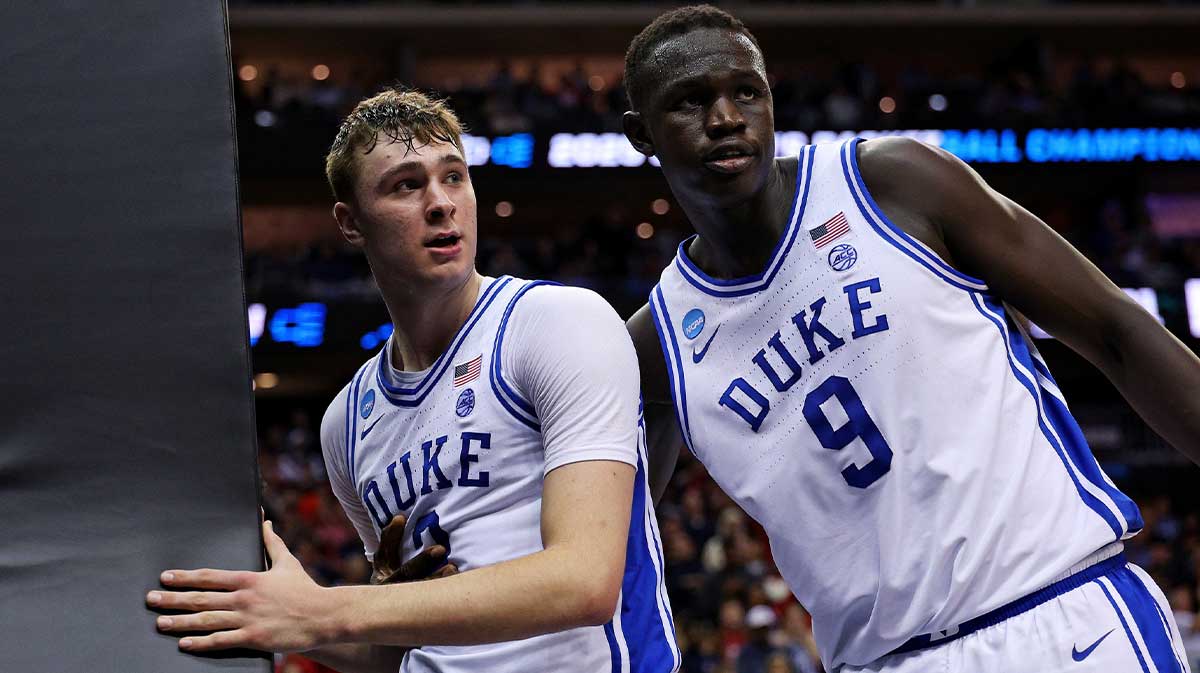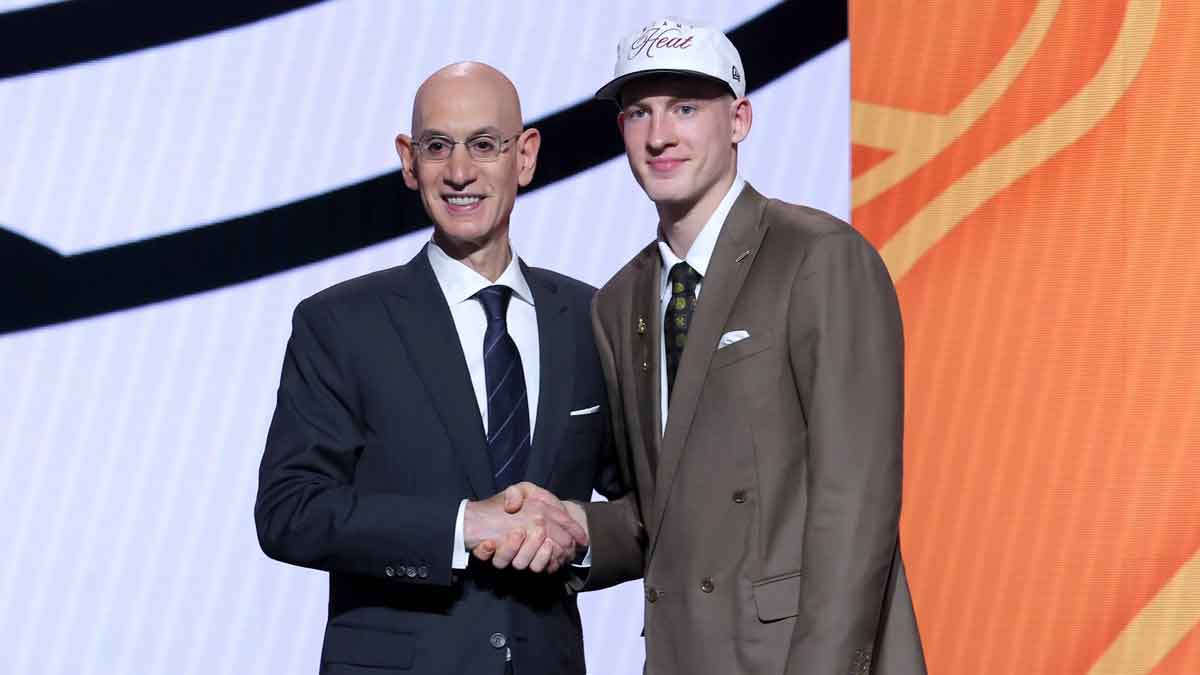Your Veteran Scribe admits to becoming an amateur referee analyst and a professional referee critic. That’s largely because over the last few years, YVS has spent more time at Sony Stadium than in the game venues. The television eye and the curse of replay have made even casual fans “experts” officiating.
In my time at the Big 12 Conference as its web site correspondent, I had the opportunity for seeing the other side. I did stories embedded with both football and basketball officiating crews. I witnessed how the conference’s football officials were granualry graded, with each play being assessed for each official. Basketball zebras get the same critiques, typically getting the game video downloaded to their I-Pads before they leave the arena and getting weekly updates from the officiating supervisor.
As football winds down and basketball cranks up, hoop heads will be spending five months attending games and watching games. The three men on the court blowing their whistles have jobs that become tougher each year. As with their football colleagues, they’re overloaded with new rules and new points of emphasis from rules committees comprised of (mostly) coaches who think the SOB at their rival school is bending the rules to his advantage.
At last month’s Big 12 media day in Kansas City, Big 12 Conference officiating supervisor presented his annual update on rules and points of emphasis for this season. Shaw is a former official who after calling his last game at the 2010 Final Four symbolically placed his shoes on the court as a farewell.
Shaw was a take-no-nonsense official and as long as you agreed with his policing, he was a good ref. But he could rub the wrong way. He’s much the same way as a supervisor.
The biggest change in officiating the game has occurred in the last few years as officials were instructed to call the contact that was turning defensive play into old-time bump-and-run cornerback play. By most accounts, the adjustments have worked but it was a slow process as coaches and players adjusted.
Now, we have a better game.
But each year as YVS has listened to Shaw’s speech in K.C., I’ve returned to the Dallas den and watched games on television. As Mrs. YVS can sadly attest, much of that viewing in punctuated by “HE WALKED.” “THAT’S A FOUL.” “YOU’RE SUPPOSED TO CALL THAT THIS YEAR.”
Because, sadly, what starts out as “points of emphasis” often fade into “yeah, we’re gonna let that slide.”
At least twice during last year’s NCAA Tournament, YVS witnessed a player get the ball in the low post with the defender walled up between his opponent and the basket. The following then happened. Dribbling. Offensive player body bumps defender. Defender displaced. Dribbling. Body Bumped. Displaced. Then, a baby hook from point-blank range.
Shaw has said for the last few years that the first contact by an offensive player shouldering his way against a defender is technically an offensive foul. Now, ask yourself: How many times have you seen that called?
“We want our post players to learn offensive scoring moves,” Shaw said last month. “We don't want just bull-action type plays in the post.”
Perhaps refs don’t want to appear whistle happy. We don’t watch to see zebras prance and toot. But either coaches aren’t teaching to the rules or they don’t care about the rules.
With the recent emphasis to decrease defensive contact, the offense has a distinct advantage. One of those areas, in the eyes of YVS, has been traveling. Players on the perimeter who start a dribble drive often get a sprinter’s start half-step before dribbling. With no hand checking, defenders either have to allow shooting space or often get beat off the dribble.
“Traveling has been our worst call in college basketball the last five or six years,” Shaw said. “We're terrible at it. We have put in a policy this year that excessively missed traveling can result in referees being held accountable. They're held accountable for everything they do, but especially this play. We've got to get it out of the game, or the defense has no chance.”
Shaw referenced the “LeBron James running in place to get started play” as one example of traveling the college game wants to eliminate. But as college players emulate the pro superstars, there’s seepage of signature moves to the college level. Heard of James Harden, folks.
“This is going to be the biggest play of the year, especially early, the step-back move,” Shaw said. “The college game watched the NBA, watched the James Harden move and said this isn't legal. The NBA even changed its rule.
The rule in college is, if a shooter steps back off one foot and then lands one, two, it's a travel. So, what we've told the teams is all step-back moves are going to be called travels except if he can push off one and simultaneously jump back and land on two at the same time.”
Perhaps the rule that will cause the most consternation involves flopping. And, as mentioned earlier, this is another one of dozens of potential violations the three stripes must watch for on each possession. But the NCAA Basketball Rules Committee decided in the off-season it wants flopping eliminated.
“They're tired of the acting, tired of the drama,” Shaw said. YVS snark: I’d like to think the flopping crackdown should be christened the Brad Davison Rule. Apologies, Wisconsin fans.
Each team gets one warning for any of three “flop” moves. The second occurrence earns a Class B technical foul (one shot). In some cases, the penalty will be assessed on a delayed basis so as not to interrupt the flow of a play. A player can get three Class B techs before he’s ejected.
Three categories will no longer be awarded Academy Awards: Jump shooters falling without being touched, players trying to draw a charge and getting minimal, if any, contact and the head snap (a player on a drive faking contact like he ran into an invisible wire).
According to The Athletic, Tuesday morning, NCAA supervisor of officials J.D. Collins left a voicemail for officials. The simple takeaway: “If you call flopping in November, it will stop by January.’’
That, in regard to the flop rule and the other tweaks mentioned, is indeed optimistic. You’ve been educated/warned. Watch along with YVS and, by January, we’ll either know that changes have been made or that’s just officiating as usual.
–
Also, be sure to follow the ClutchPoints NCAA Facebook page for more great college basketball, recruiting, original analysis and whatever other kinds of discussion. We’re also on Twitter over here. Give us a follow.
You can also follow the official college basketball podcast for ClutchPoints, Cutting The Net, over on SoundCloud here.

